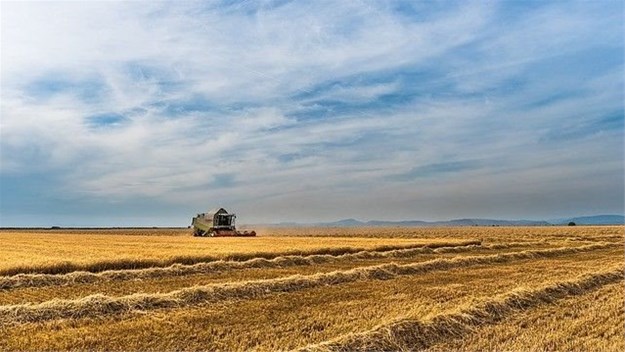
Putting trade to work to balance agriculture and environmental factors
Trade is a way that countries can tap into their own local advantages and close food security gaps, says FAO Director-General QU Dongyu. “Every country has a different situation and FAO has to deal with all these differences,” he said during an FAO-WHO joint high-level panel at the Global Forum for Food and Agriculture exploring the theme of “Harnessing trade for achieving Sustainable Development Goal 2“.
Alan Wolff, Deputy Director-General of the World Trade Organization, Oumer Hussein, Agriculture Minister for Ethiopia, Zaha Waheed, Fisheries, Marine Resources and Agriculture Minister for Maldives, Beauty Manake, Assistant Agricultural Development and Food Security Minister for Botswana, and Chris Forbes, Deputy Agriculture Minister for Canada, also participated in the round-table event.
Some 70 ministers and vice-ministers are meeting at the Global Forum in Berlin. A point of consensus is that trade policies should form part of a larger integrated strategy that, among other objectives, enable smallholder farmers in developing countries – who produce a huge share of the world’s food but paradoxically are among the most vulnerable to hunger – to benefit from integration into the world’s agri-food value chains.
What is needed
Up to 80% of the world’s population in 20 to 30 years will live in cities, making urban areas the driving force for the way food systems must evolve, the director-general emphasised. “We have to rethink agriculture, including crop production and animal husbandry and our way of life,” he said.
Digitalisation can help ensure more efficiency, and e-commerce has great potential to help bridge gaps and promote rural development. New approaches to digitalisation are needed, “because we are already a digital world,” he noted.
The director-general pointed to FAO’s new Hand-in-Hand Initiative as a “new business model” geared to engaging all United Nations agencies, the private and civil sectors and academia to work together: to focus on the vulnerable countries and people.
The first two Sustainable Development Goals, calling for an eradication of extreme poverty and of hunger, are priorities, he said.
